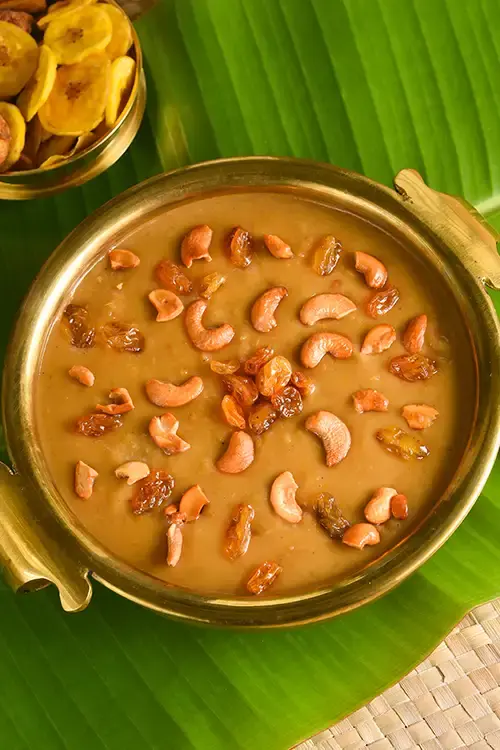FAQ
Why do Coconut trees grow in Kerala?
Kerala, along with Tamil Nadu, Karnataka and Andhra Pradesh, is one of India’s major coconut-producing states. The coconut palm thrives in tropical climates, typically found between 20° N and 20° S latitudes. Ideal conditions for coconut cultivation include a mean temperature of 27°C (±5°C), relative humidity above 60%, and well-distributed annual rainfall of around 2000 mm. While coconut palms can grow at elevations up to 600 m above sea level, plantations near the equator can thrive at elevations as high as 1000 m. The palms require plenty of sunlight and do not perform well under shade or in persistently cloudy regions.
Kerala's consistent tropical climate, with warm temperatures and ample rainfall during the southwest monsoon (June to September) and northeast monsoon (October to November), creates perfect conditions for coconut cultivation. The high humidity from the Arabian Sea and the state’s abundant water bodies further supports the growth of coconut palms.
The state’s diverse soil types, including laterite, alluvial and coastal sandy soils, are well-suited for coconut farming. Additionally, Kerala’s topography, with coastal regions and elevated areas, offers ideal conditions for coconut cultivation across different altitudes. All-the-year-round sunlight in Kerala also plays a crucial role in ensuring healthy coconut tree development and optimal yield.






